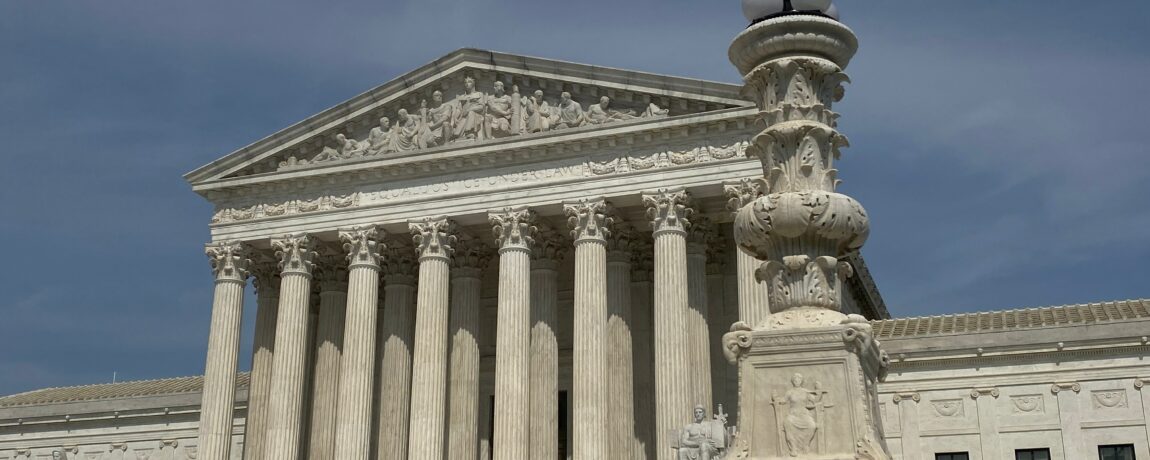The Supreme Court’s decision to end affirmative action in college admissions is a grave setback to achieving equality in education — and reducing inequality in our society more broadly. We know that education is a key driver for economic mobility for all students–and particularly for first-generation, low-income students and students of color. For this reason, we have dedicated over 20 years to investing in programs, initiatives, and companies aiming to level the playing field in education and close longstanding racial and socioeconomic gaps in access and opportunity.
Affirmative action intended to address the historically unequal and unjust education system, promote the inclusion of diverse perspectives and experiences in the educational process, and provide access to upward economic mobility for groups most marginalized due to discriminatory policies and practices. The decision to restrict race as a factor in considering admission to college, after more than fifty years in practice, has now created additional burdens for historically marginalized students to earn college degrees and by extension, to achieve economic mobility. This will negatively impact the efforts to expand racial equity and inclusion in the vitally important tech sector, given the critical role that higher education plays in the production of future engineers, technologists, tech ethicists, entrepreneurs, and venture capitalists.
Despite this setback, we urge our partner universities, organizations, and companies to continue developing and implementing practices and policies with the explicit intent to promote diversity, equity, and inclusion. The Kapor Center will continue to advocate for local, state, federal, and private sector policies and practices that ensure all students are provided equitable access to education, STEM/Computer Science education and career pathways, the technology workforce, and will remain committed to strengthening our partnerships with HBCUs, which have played a critical role in providing opportunities for students of color.

